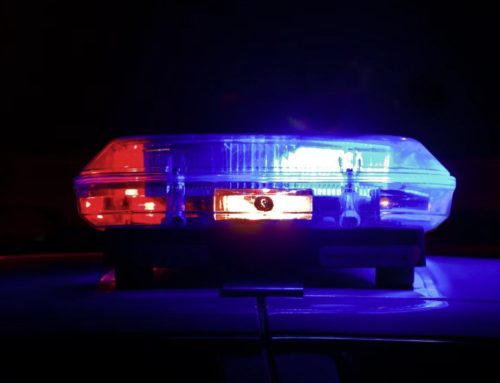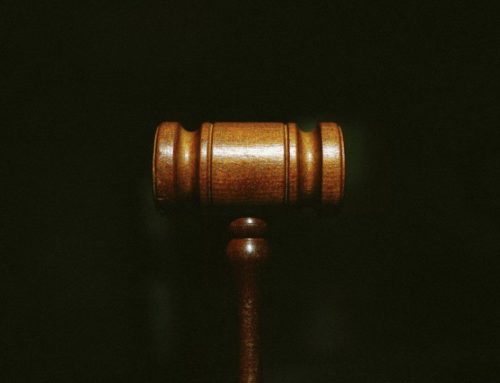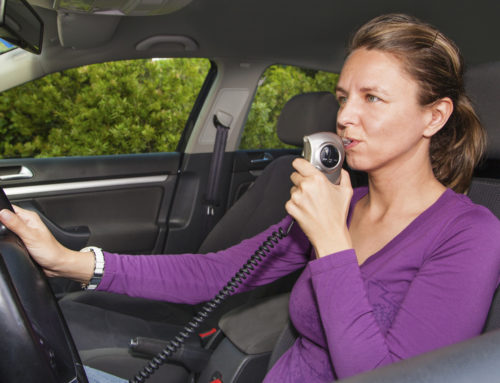Upon arrest for driving under the influence, an administrative license suspension is triggered. The driver has 10 days from the date of arrest to request an Administrative Per Se (APS) hearing to fight the license suspension; otherwise, the suspension will take effect 30 days from the date of arrest. If the driver requests an APS hearing then a stay will be placed on the license suspension so that the driver will maintain full driving privileges pending the outcome of the hearing. The APS hearing is presided over by a Hearing Officer from the local driver safety office.
El Segundo Driver Safety Office APS Hearing Analysis
Today, we would like to review an APS hearing which was conducted at the El Segundo Driver Safety Office. Client was charged with refusing to submit to or failure to complete a chemical (breath or blood) test. Under California implied consent law, a person must submit to a breath or blood test upon request of a peace officer following arrest. Failure to submit to or complete a chemical test designates the driver as a refusal and the penalty for refusing a chemical test results in a one year license suspension for a first offender and a two year license revocation for a second offender. The driver is unable to apply for a restricted license during this time as the suspension is considered a hard suspension period due to the refusal designation.
Upon arrest, client received the chemical admonition advisement which informs drivers that they must submit to either a breath or blood test under California implied consent law. Client selected to perform the breath test. Client blew into the breath testing device several times; however, no results were captured. Upon failing to complete the breath test at the Central Los Angeles California Highway Patrol Office, client was deemed a refusal and transported to Los Angeles Police Department Metropolitan Detention Center where he was booked.
At the APS hearing, the Hearing Officer subpoenaed the arresting officer in order to inquire about the alleged refusal. At the hearing, the arresting officer testified that upon implied consent client selected the breath test. He stated that client blew into the device several times; however, no results were captured. The arresting officer testified that there are a number of reasons which can lead to no results being captured (i.e. blowing too hard, not blowing hard enough, etc.); however, we cannot determine as to why results were not captured in this case. When questioned about whether the officer told client that since he failed to complete the breath test the only other option would be to complete the blood test the officer stated he could not recall.
Upon a driver’s refusal, the arresting officer must read the chemical test admonition which explains to drivers the consequences of refusing. Upon completion of reading the admonition, the arresting officer is to record the driver’s responses to the offering of both the breath and blood tests on the DS-367. Additionally, the officer is to indicate how the driver declined the tests. On client’s DS-367 the response to breath test was “yes” and the response to blood test was left blank. In the section regarding how the refusal was indicated the officer wrote “the subject was unable to provide a sufficient sample.” There was no mention of a blood refusal on this document.
At the conclusion of the APS hearing, we argued a set aside of the suspension would be the only appropriate action by the Department. We argued that client cannot be deemed a refusal because he did not refuse to submit to the blood test. When client was admonished he had the right to select a breath or a blood test he selected the breath test. He never refused the blood. He attempted to submit to the breath test; however, unfortunately he was unable to complete the test. Upon failure to complete the breath test he should have been offered the blood test again, which he was not. If a driver refuses one chemical test by selecting the other test the “refusal” of the first test must be examined to determine if it was qualified or unqualified. If a driver states, “I will do the blood test because I have asthma” then this would be considered qualified. If the driver then refused to complete the blood test the breath test would not need to be offered again. If the refusal is unqualified then the officer must offer that first test again if the driver then refuses to complete the test that he/she initially selected. In this case, client did not make a qualified selection; thus, we argued it was mandatory that the blood option be offered again upon failure to complete the breath test. Since the blood test was not offered again, a set aside of the license suspension would be required.
Successfully Overturning License Suspension on Appeal
The Hearing Officer took all argument under submission and rendered a written decision in which she re-imposed the license suspension. She deemed client as a refusal and suspended his license for one year. The most interesting part of the Notification of Findings and Decision stated that we presented no contentions regarding the refusal issue which is the antithesis of what actually transpired. Immediately, upon receipt of the decision we prepared a written appeal. Shortly thereafter, we received an Order of Set Aside or Reinstatement which means the Departmental Review overturned the license suspension and client was able to get his license back. No suspension was imposed!
APS Hearing? We Will Fight to Save Your License
If you are facing an APS action it is imperative you contact a skilled DUI defense attorney to review your case. A competent DUI defense lawyer will aggressively protect your rights and fight to save your license. Contact the Parker Law Center today for a free consultation!







